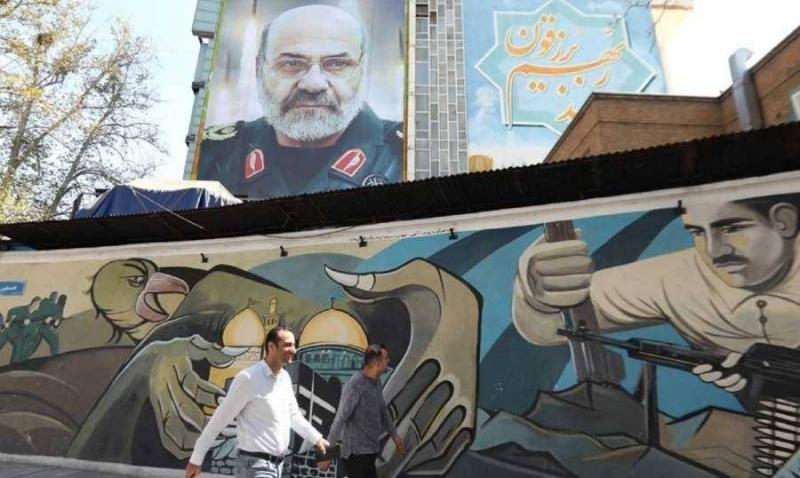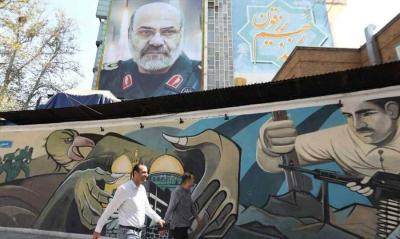Today, "Amnesty International" announced that Iran has turned its prisons into "killing fields," indicating that at least 853 people have been executed in the Islamic Republic in 2023, more than half of whom were charged with drug-related offenses. The London-based organization called for "strong international action to stop the increasing executions," warning that "thousands are at risk of hanging in the coming years."
The report stated that Iranian authorities "have continued state-sanctioned killings, which have turned prisons into killing fields." It highlighted that the number of executions in 2023 is the highest since 2015, representing a 48% increase from 2022 and a 172% increase from 2021, with 56% of executions related to drug offenses. Two NGOs, "Iran Human Rights" and "Together Against the Death Penalty," published a report last month estimating a slightly lower figure of 834 executions in 2023.
The increase in executions has been recorded following protests that erupted in Iran in September 2022, where Iranian authorities intensified their use of the death penalty as a tool to suppress dissent. The organization stated that "Iranian authorities have escalated executions to instill fear among citizens and tighten their grip on power following the 'Woman, Life, Freedom' uprising."
Iran witnessed months of protests known as the "Woman, Life, Freedom" movement, sparked by the death of Mahsa Amini (22 years old) after three days of being detained by morality police in Tehran for not adhering to strict dress codes in the Islamic Republic. According to NGOs, nine people were executed in connection to the protests.
Human rights groups, including "Amnesty International," warned that the authorities are using executions to sow fear and prevent further demonstrations. "Flagrant abuse of power" was noted by Amnesty, stating that Iran's actions have not changed this year, with at least 95 executions recorded up to March 20. The organization added that the numbers they reported are the minimum, believing the actual figure to be higher.
Diana Tahawi, Deputy Regional Director for the Middle East and North Africa at "Amnesty International," said: "Without a strong global response, Iranian authorities will feel emboldened to execute thousands more in the coming years with complete impunity." Among those executed was Ali Hamid Reza Azari, who was 17 at the time of his execution in November in Razavi Khorasan province after being convicted of stabbing someone to death in 2023 when he was still 16.
The organization pointed out that Iranian authorities provided "misleading information" about his age in local media, claiming he was 18 "to evade accountability for violating international law," clarifying that they verified his birth certificate.
Amnesty expressed specific concern regarding the "staggering increase" in executions for drug-related crimes, condemning the "Islamic Republic's deadly policies on drug control." It reported that "among those executed are opponents and members of oppressed ethnic minorities."
It mentioned that the Sunni Baloch minority, concentrated in southeastern Iran, is disproportionately targeted by executions. The report indicated that this minority "makes up only 5% of the Iranian population, yet represents 20% of the total executions in 2023." The report also noted a shocking increase in executions of juvenile offenders in 2023, including the execution of a 17-year-old boy and four young men convicted of crimes committed when they were under eighteen.
Executions in Iran are generally carried out by hanging in prisons, and sometimes in public squares.




